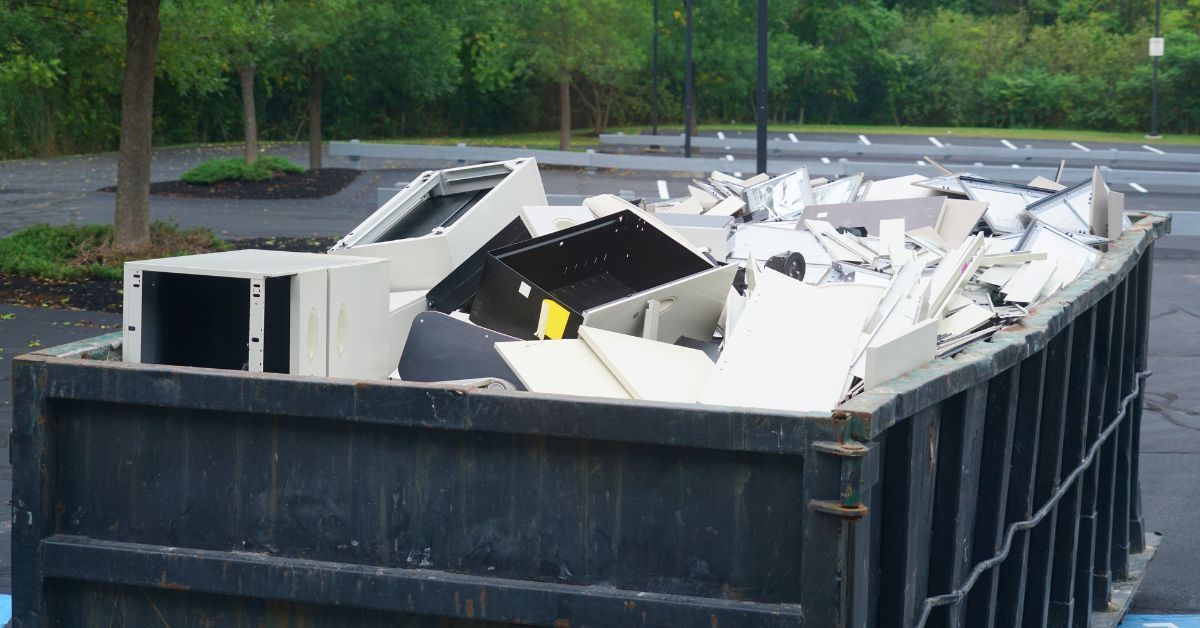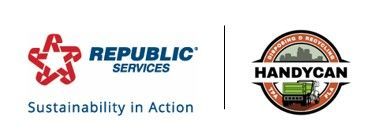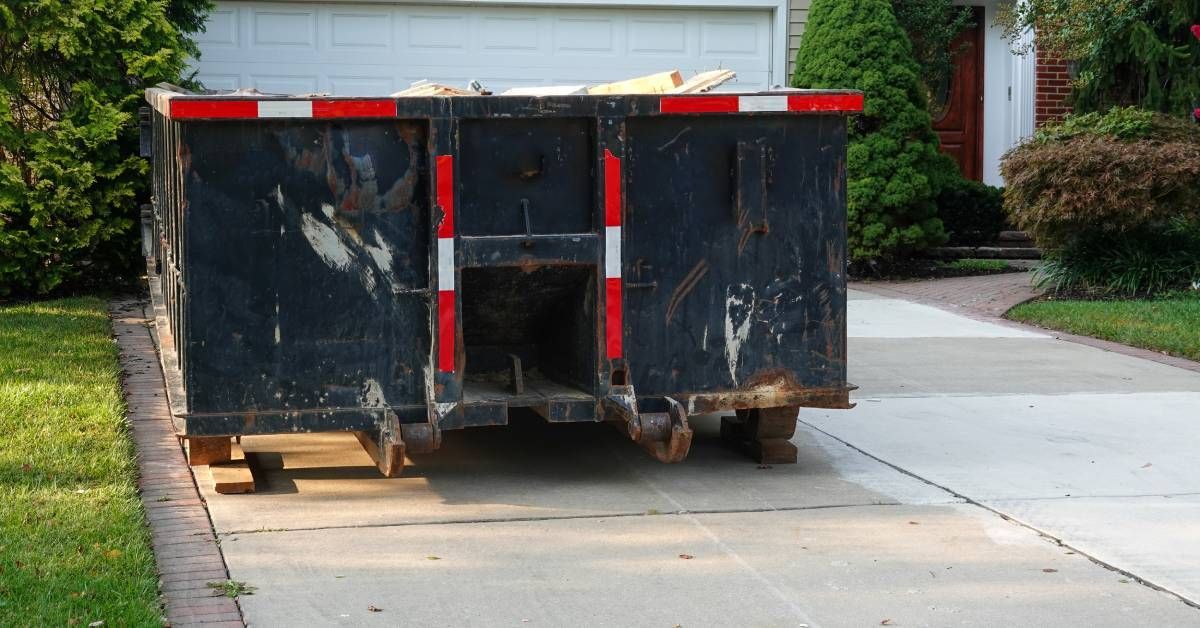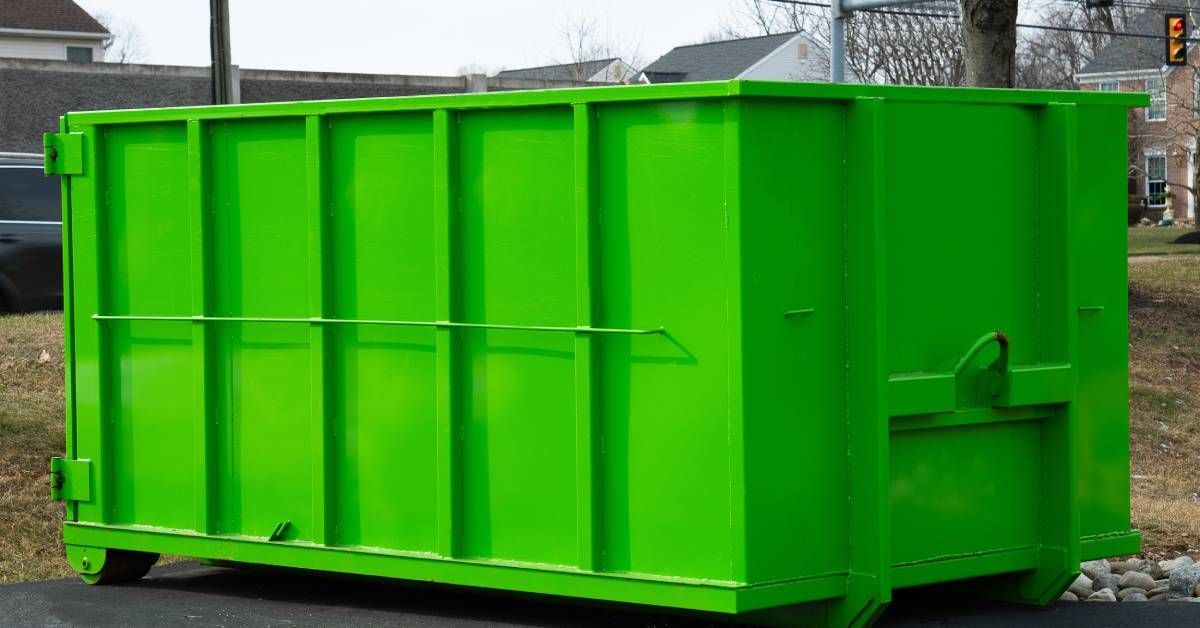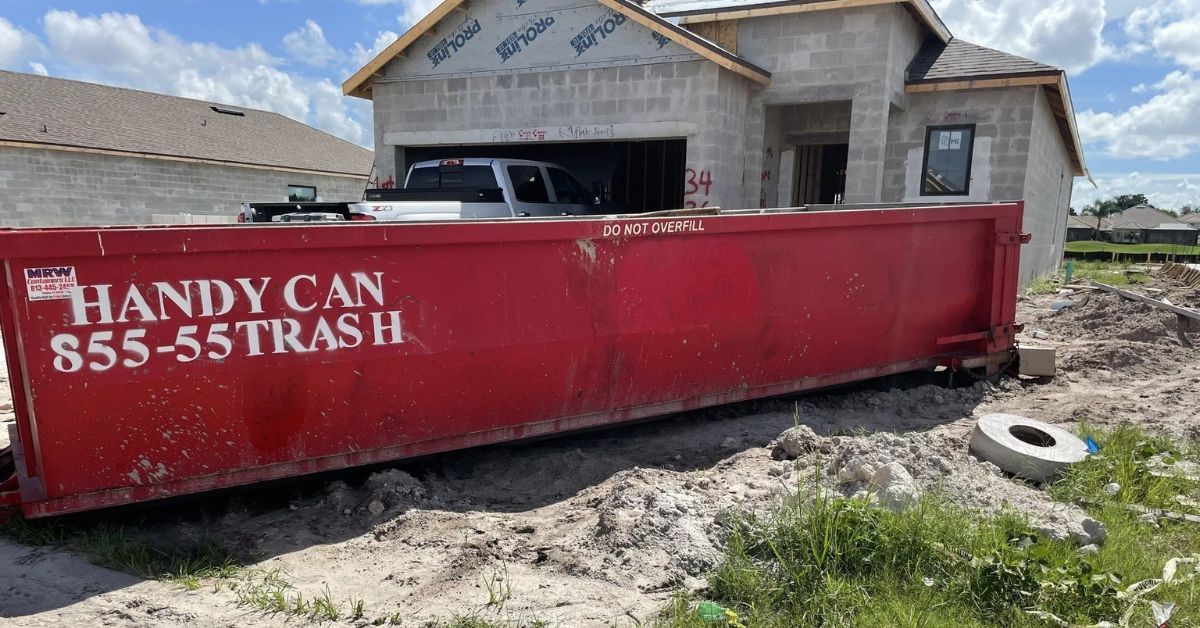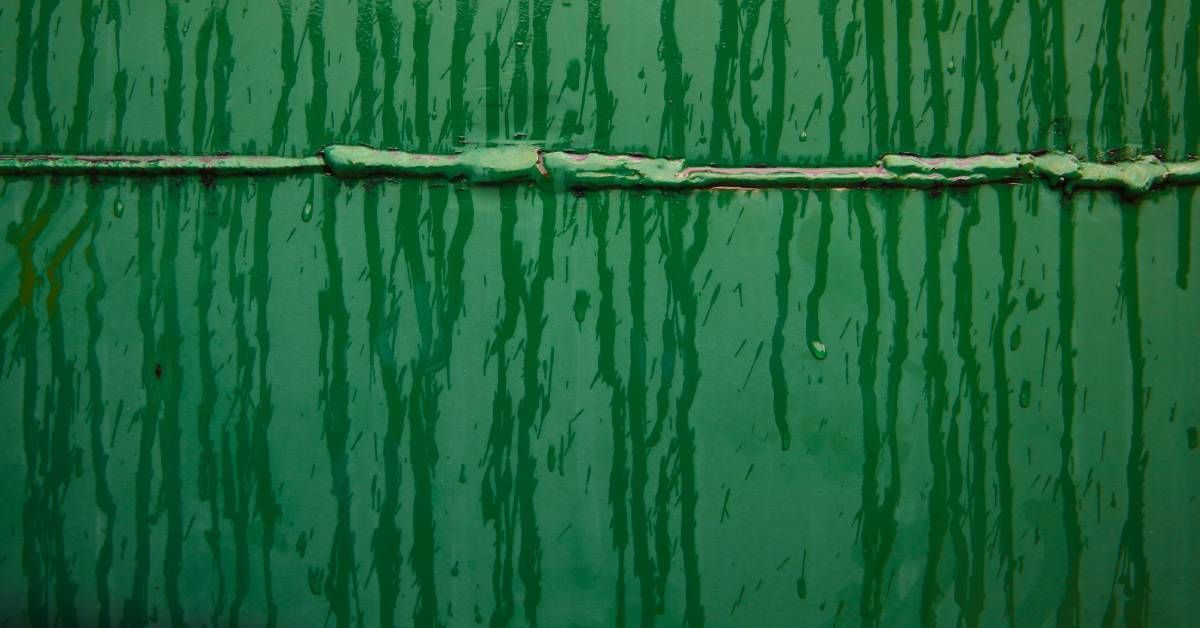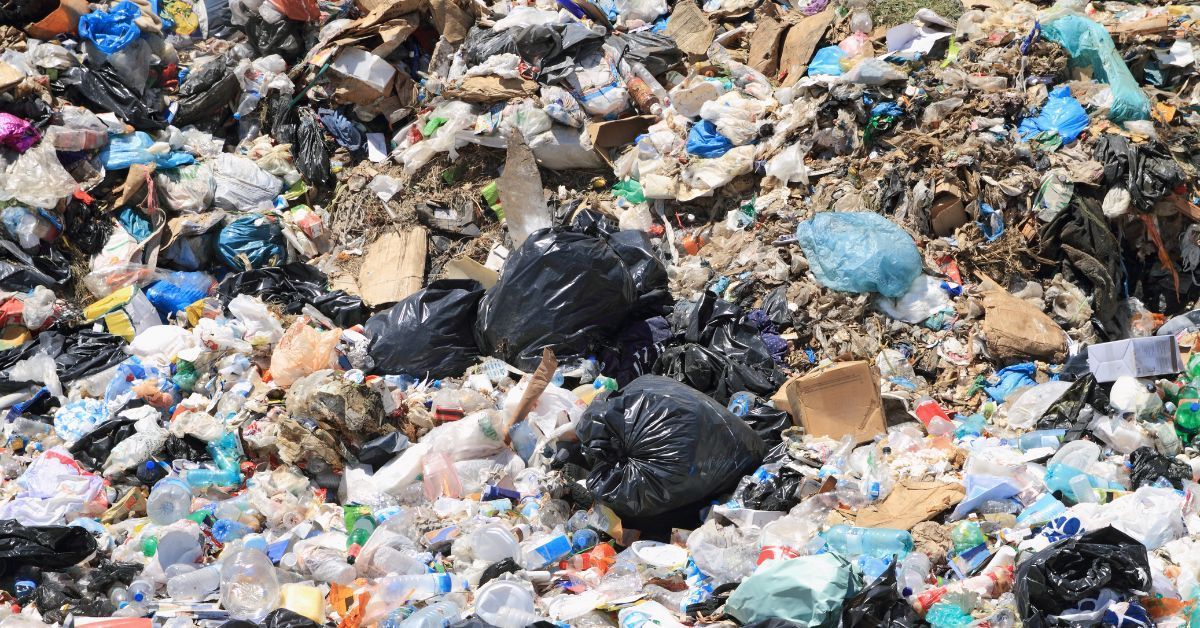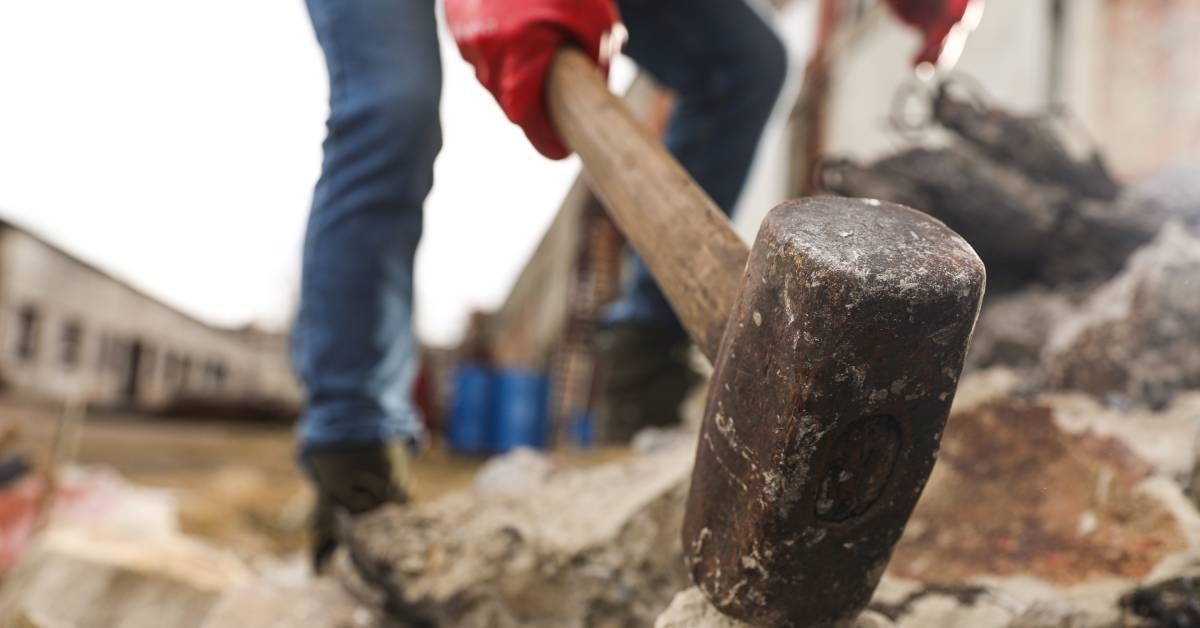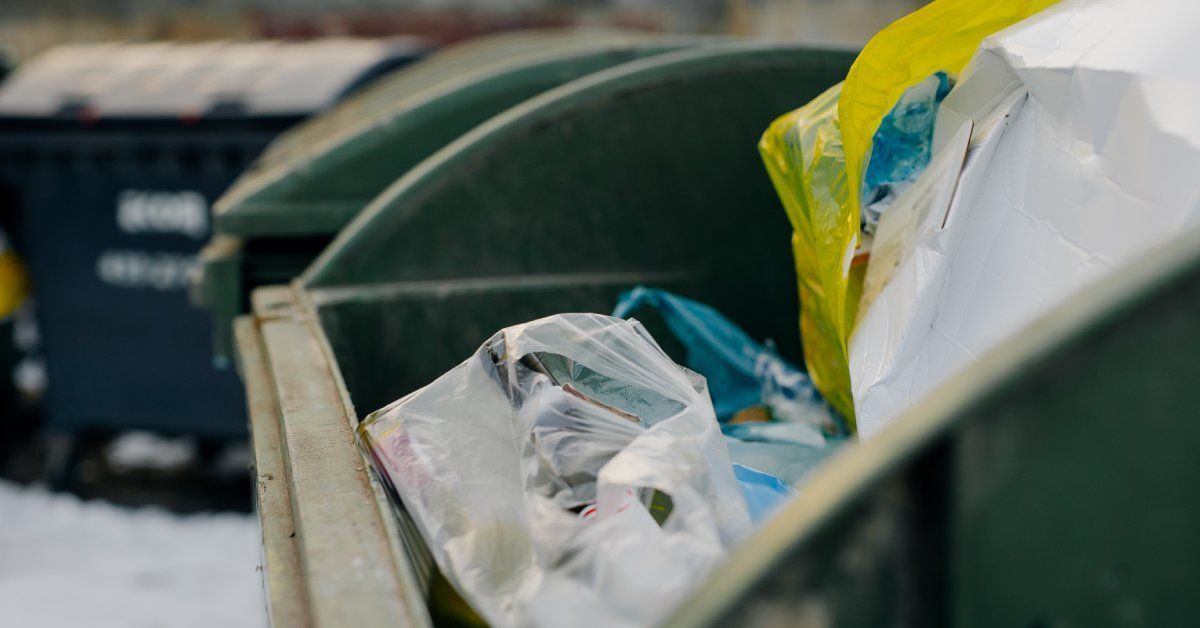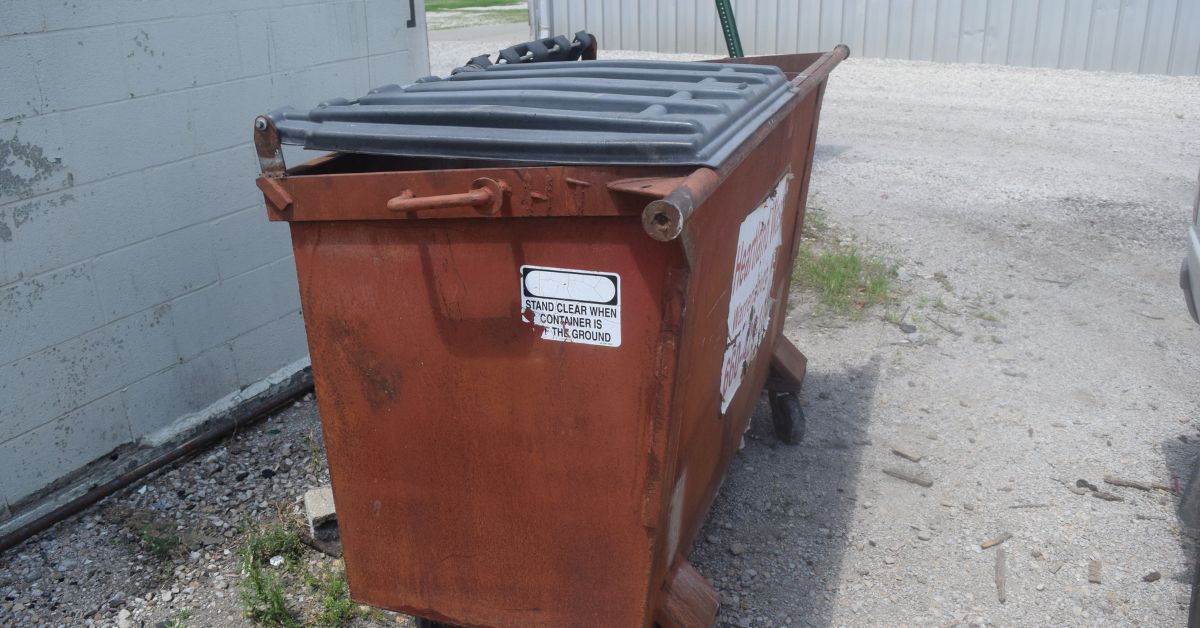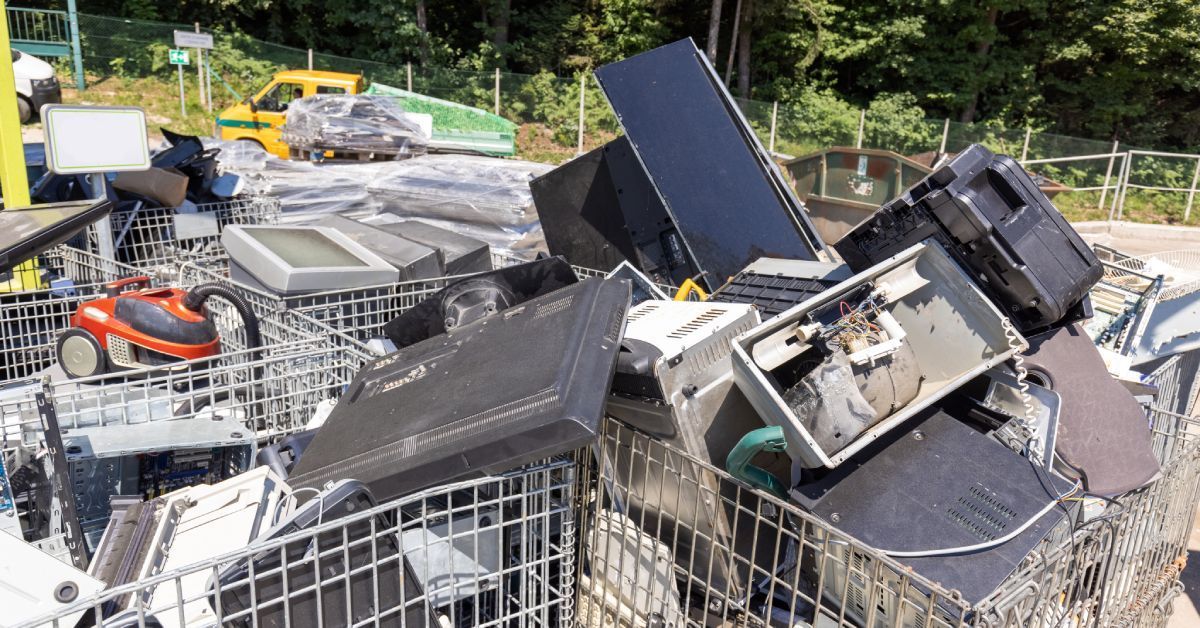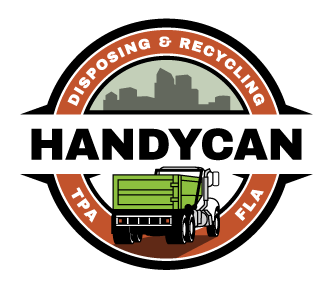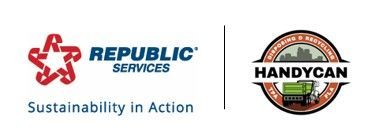Is Dumpster Diving Illegal on Private Property in Florida?
Dumpster diving has long been a topic of curiosity and debate. Whether driven by necessity, environmental concerns, or the thrill of finding some exciting goodies, many people wonder about the legal implications of this activity.
For residents of the Sunshine State, you may want to know if dumpster diving is illegal on private property in Florida. Understanding the rules and laws can unravel some of these complexities and give you a better idea of when you can or can’t hop into one of these big metal bins.
What Is Dumpster Diving?
Before we explore the legality of it all, we need to understand what dumpster diving entails. Dumpster diving involves searching through commercial or residential waste to find items that are still usable or valuable. This practice can range from collecting discarded food to finding recyclable materials or even salvaging furniture.
While some see it as a way to reduce waste and save money, others may view it as trespassing or theft. The idea of taking something that doesn’t belong to you, even garbage, can make it tricky, legally speaking. This process makes it crucial to understand the specific laws that govern dumpster diving, particularly on private property in Florida.
The General Legal Landscape
The legality of dumpster diving varies significantly across different jurisdictions, influenced by local laws and the context in which the activity occurs. In general, the primary legal considerations revolve around issues of property rights, trespassing, and theft. In Florida, trespassing laws dictate that individuals can’t enter private property without permission from the owner. As dumpster diving typically occurs in areas that may be private, obtaining explicit consent is crucial to avoid legal repercussions.
Items placed in dumpsters are often a gray area since it may not be theft to steal an item that the previous owner has intentionally discarded. However, it still raises questions about ownership and legality.
Since many dumpsters are on private property, you need to remain aware of local ordinances and regulations in order to navigate the legal landscape responsibly. Engaging with property owners and understanding community guidelines can mitigate potential legal issues associated with this controversial practice.
In Florida, the legality of dumpster diving largely depends on the location and context. Public spaces like streets or alleys may offer more leniency compared to private properties like businesses or residential areas.
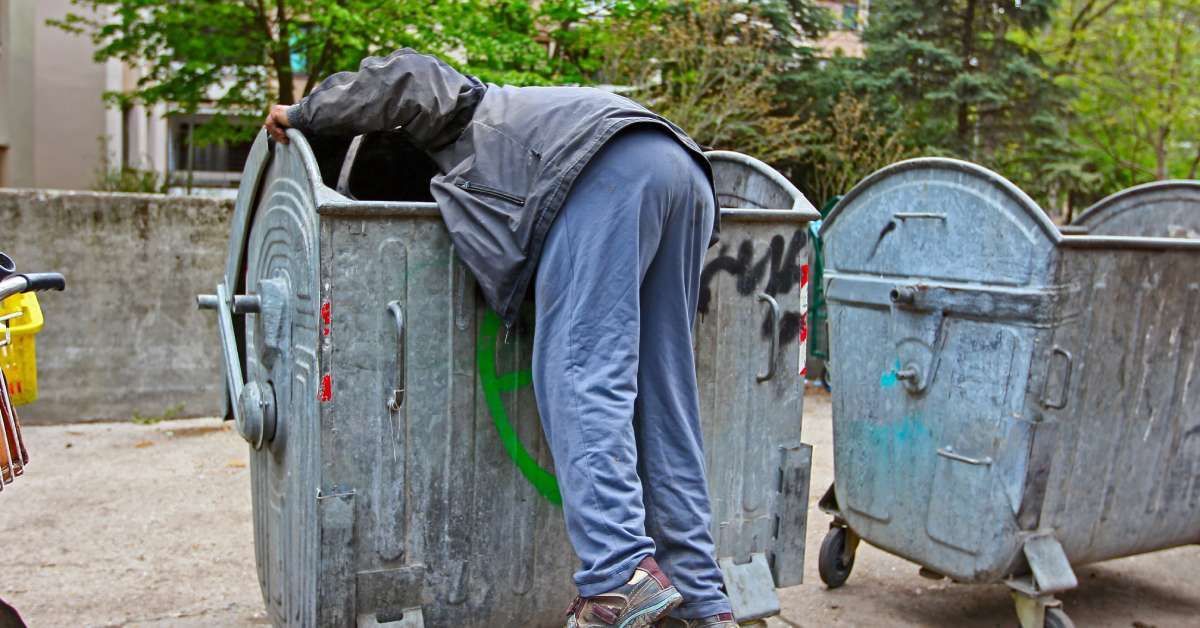
Florida’s Trespassing Laws
One of the most critical aspects of Florida law concerning dumpster diving is trespassing. Under Florida Statutes Section 810.09, trespassing on private property without permission is illegal. If a property owner has clearly marked their property with “No Trespassing” signs or has fenced off the area, entering this property to access a dumpster can result in criminal charges.
Even if there are no explicit signs, entering private property without consent may still count as trespassing. This means that dumpster diving on private property without the owner’s permission can lead to legal repercussions, including fines and possible jail time.
The Role of Local Ordinances
While state laws provide a broad framework, local ordinances can further restrict or permit dumpster diving. Many cities and counties in Florida have specific regulations regarding waste disposal and scavenging. For instance, some areas may have ordinances that explicitly prohibit rummaging through trash, while others might be more lenient.
Check with your local government to understand the specific rules that apply in your area. Ignorance of local ordinances can still lead to legal troubles, so always try to check the specific rules of your region before engaging in any dumpster diving activities.
Public vs. Private Property
While it’s normal to wonder if dumpster diving is illegal on private property in Florida, the distinction between public and private property is something that you should bear in mind. On public property, such as city streets or public parks, there’s far less risk of breaking any laws regarding trespassing or theft. However, this doesn’t mean you can freely access dumpsters without concern. Some public areas may still have regulations that prohibit scavenging.
On the other hand, private property is typically off-limits without the owner’s consent. Many areas that people say are public property often aren’t, such as businesses, open areas of residential complexes, or certain communities. Even if you can easily access a dumpster, it may still fall under the definition of private property.
Consent and Permission
Obtaining permission from property owners can significantly reduce the risk of legal trouble that can come with dumpster diving. If you have explicit consent from a business owner or a residential property manager, you are less likely to face legal consequences. Many construction dumpster rentals belong to a private individual or company, so it’s possible to check with them regarding permission to perform any dumpster diving or similar activities.
Approaching property owners and seeking their permission can open doors to safer and more responsible dumpster diving practices. Always make sure to get any agreements in writing to protect yourself from potential legal issues.
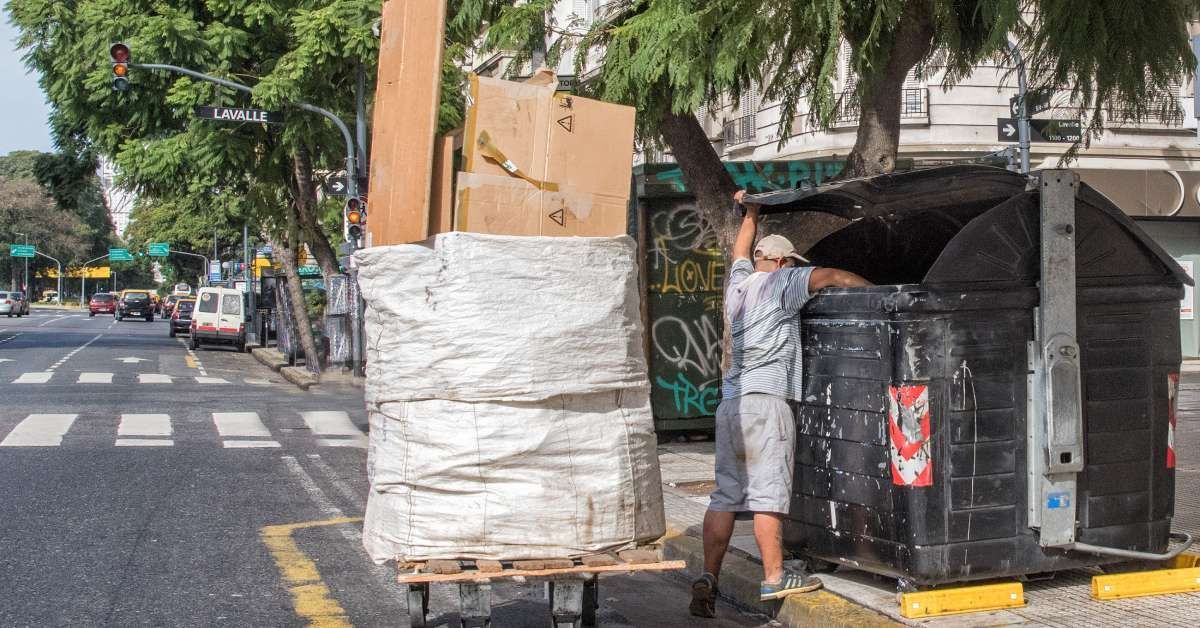
Environmental and Ethical Considerations
Beyond the legal aspects, there are environmental and ethical considerations to keep in mind. Dumpster diving can reduce waste and promote recycling, aligning with broader environmental goals.
However, you need to avoid leaving a mess, respect property boundaries, and take only what you need. Ethical dumpster diving fosters a positive image of the practice, reducing the likelihood of legal crackdowns.
Potential Legal Consequences
Engaging in dumpster diving, particularly on private property, can expose individuals to a range of legal consequences. The most immediate risk is trespassing.
In Florida, this can result in fines, community service, or even misdemeanor charges, depending on the circumstances and the property owner’s stance. Additionally, property owners may have the right to call law enforcement to remove unauthorized individuals from their premises, which can lead to arrest and further legal complications.
Beyond trespassing, there are potential charges related to theft if the property owner decides to try and argue that dumpster diving constitutes theft. Notably, engaging in dumpster diving without understanding local ordinances could lead to further complications, such as fines for violating specific local waste management laws. To avoid these risks, approach dumpster diving with caution and a thorough understanding of the legal landscape.
Safety Concerns
In addition to legal risks, dumpster diving also involves several safety concerns. Dumpsters can contain hazardous materials, sharp objects, and spoiled food, posing health risks to those who engage in this activity.
Always wear protective gear, such as gloves and sturdy shoes, and be cautious of your surroundings. Prioritize your safety to avoid injuries and health issues.
Understanding where a dumpster comes from can make a significant difference in whether or not you can get permission to dive in it. When you spot dumpsters from a private company, such as one from Handy Can Disposing and Recycling, it likely belongs to a private individual. Don’t risk breaking your local laws and statutes to dumpster dive. Always try to check with the owner of the dumpster whenever possible before you go dumpster diving.
